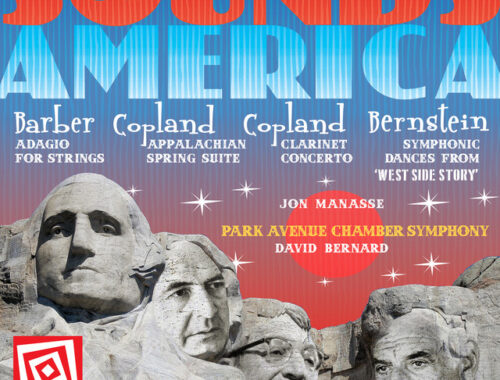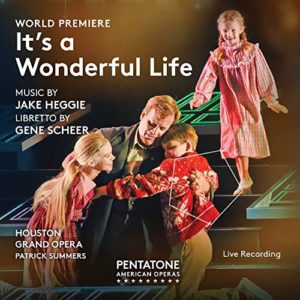Prom 2: Lerner & Loewe “My Fair Lady”, Royal Albert Hall – review
Lerner and Loewe’s My Fair Lady belongs in that select group of perfect musicals where pretty much every choice, every decision, every song placement simply cannot be disputed. The time-lapsing build to “The Rain in Spain” is one of those magical devices that tweaks at an audience’s anticipation so that when the moment you know is coming finally comes and Eliza nails her vowels for the first time there isn’t a person in the house who isn’t ready to dance the fandango we know is coming – and whether or not the “rain in Spain” really does stay “mainly in the plain” (it doesn’t) the sheer exhilaration when Loewe’s trumpets inevitably get the tune is utter bliss. It came as no surprise that John Wilson had opted for the movie orchestrations for his timely (in every sense) Prom presentation of the show: the sheen of that moment with treasurable first trumpet Michael Lovatt and his colleagues bidding to take off the roof with their “old Broadway” sound is the kind of authenticity that doesn’t much get talked about when it sounds as “right” as it did here. They’ll be debating Debussy’s Pelleas on period instruments tonight but actually it’s the style that’s always the thing.
It’s no secret that I have a greater love for the scores of Lerner and Loewe’s Camelot and Brigadoon than I do for Fair Lady but when you see the whole show done as well as this in a semi-staging that could have fooled me and most of the audience I suspect into thinking we were in the West End you realise that it’s the book that ultimately maketh a great musical. My Fair Lady’s source – Shaw’s 1912 play Pygmalion – is pretty solid stuff but actually the musical is, dare I say it, better because it offsets all Shaw’s philosophising with funny, brilliant numbers which point and elevate plotting and emotions at every turn. Pure genius to come up with the “Ascot Gavotte”, a glorious set piece which says more about English reserve, about keeping the proverbial powder dry, than a thousand essays. This whole show is Alan Jay Lerner’s finest hour and with Anthony Andrews’ now seasoned Higgins leading off a near-perfect cast the show’s many delights came back sounding as fresh as if the ink were not yet dry on the page.
On this showing virtually every role felt like first-choice casting for a West End revival. Alun Armstrong has been a Doolittle waiting to happen, James Fleet is Pickering, Sian Phillips cannot open her mouth without demolishing everything within range, Jenny Galloway made art of Mrs. Pearce’s exasperation, Julian Ovenden is the reason songs like “On the Street Where You Live” are written, and whilst I might have wished for a stronger vocal identity from Annalene Beechey in the numbers, her Eliza was feisty and truthful and touchingly acted. And what’s left to say about that orchestra – John Wilson’s very own fantasy. Perhaps just that.
So, a quite wonderful evening which capitalised on the grandness of the Albert Hall whilst making us forget how unforgiving it can be. Only one mystery remains: why was such a special and highly televisual event not televised? Rights issues, cost, or just another BBC own goal?
Verdi "Otello", Royal Opera House
You May Also Like

GRAMOPHONE Review: Sounds of America – Jon Manasse, Park Avenue Chamber Orchestra/Bernard
20/12/2021
GRAMOPHONE Review: Heggie – It’s A Wonderful Life
06/12/2017